Clinical Mentorship in the Integrated Systems Model
History of the ISM Series
For many years Diane has been asked by course participants to provide clinical mentorship. In the past, her courses have been theoretical, practical and often of short duration (2-4 days). While these do provide an understanding of her clinical approach as well as some introductory skills; Diane’s experience with mentoring her associates is that clinical consultation over an extended period of time is required to consolidate learning, enhance palpation skills, and accelerate the integration of newly learned theoretical and practical material into clinical practice.
In 2007, a ‘series’ of three 5-day courses was introduced and in 2010 the title ‘The Integrated Systems Model Series’ arrived. Students were taken further into the whole body/person approach but were not supported in their clinical reasoning between the parts of the course; it remained only in person with 3 five day parts.
In 2014, an liaison was made with Lawrence Weiss of Info2Grow and a new website with private access to comprehensive library of skills videos developed by Diane was added to the course. The ISM Series became a hybrid online home study/in person practical course of three 4.5/5 day parts. A huge leap in learning was noted by all with this new format. In addition, an online private chat room for clinical reasoning support was provided between the parts. Here, students and assistants could support the clinical integration of material learned. Cases were shared and discussion, at times, flourished – until it didn’t.
After the pandemic, there was a decline in registration and participation in the online forum. Why? It became obvious over a number of years that 3 times away from work for education in 1 year, as well as the expense to take this course in 3 parts, was more than most could manage. So what’s next for the ISM Series? A pivot of course!!
The ISM Series will now run in 2 five day parts with one online support forum in between the 2 parts. How is this possible? Diane has over 500 professional short skills videos which she has embedded with theory into 8 online lectures (10 hours in total) for Part 1 and 9 online lectures (12 hours in total) and provided key research articles and cited certain pages to read in The Thorax – An Integrated Approach (2018) textbook at appropriate times in the online material. THIS will now become the preparatory material prior to attending in person each part of the new ISM Series. In addition, 4 online lectures pertaining only to the articular system of many body regions will be available for those who require more support for when presented with stiff joints.
The online material remains available in y our account after the course is finished for as long as Diane continues to teach.
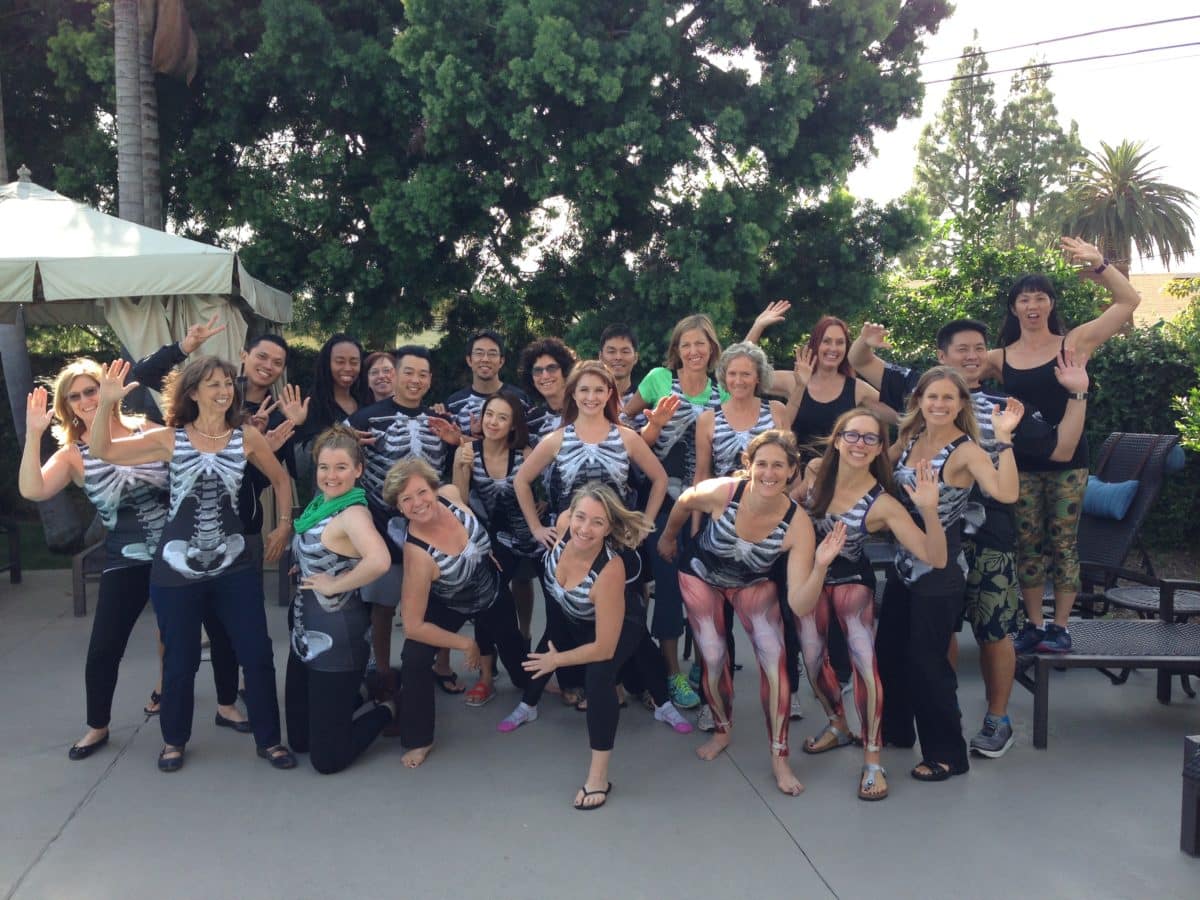
Join Diane, and her team of highly skilled assistants, on this mentorship journey and immerse yourself in a series of education opportunities that will improve your clinical efficacy for treating the whole person using the continually evolving Integrated Systems Model.
This hybrid program expects you to complete the online lecture material prior to attending the in person part of your choice. The in person parts will teach you the skills necessary to find the relevant findings and to complete an ISM assessment for finding drivers.
While participation in the online forum between the parts is optional, there is one homework assignment you are expected to complete to receive your course completion certificate. The more you participate in this forum, the more you get out of your experience. You have Diane’s support for the entire time between the two parts. The forum is only available to those who take both parts in the same year.
- Part 1 introduces the basic principles of ISM and applies it to the functional trunk (3rd thoracic ring to 10th thoracic ring, lumbar spine, pelvis and hips).
- Part 2 reviews the basic principles of ISM and applies it to the foot, knee (in relationship to the pelvis), cranium, neck, and shoulder girdle (also in relationship to the pelvis). This part also looks at the relationship between the sympathetic nervous system, fluid flow in the body and dural/neural system impairments (adverse dural/neural tension).
The Integrated Systems Model
The Integrated Systems Model is a framework to help clinicians organize knowledge (evidence and experientially based) and develop clinical reasoning skills that subsequently facilitate best decisions for treatment for those with multiple impairments and persistent pain. A key feature of this approach is Meaningful Task Analysis and Finding Drivers. Briefly, this involves choosing tasks to assess that are relevant to the patient’s story (meaningful to the patient’s complaints and functional difficulties), assessing the whole body (strategy analysis of the task) to find the criminal (the driver), and then developing sound hypotheses as to how the criminal relates to its multiple victims. Learn how to treat the root cause and not the just the region of the symptom
By the end of this series you will have ISM skills to quickly determine, for example:
- if a poorly controlled ankle is contributing to your patient’s pelvic girdle pain,
- if you should treat the thorax before, or after, or with, the pelvis,
- if you should release and align the cranium before addressing the neurodynamics of the spinal dura and its peripheral nerves,
- if you should address the clavicle, scapula or upper thoracic rings for better drainage of the venous system of the cranium (pressure headaches)
- how to wake up transversus abdominis and the pelvic floor more quickly than ‘finding the best cue’,
- how and when to train the pelvic floor – external palpation of the pelvic floor for assessment and training
- when to dry needle a muscle, when to stretch, when to strengthen,
- when a diastasis rectus abdominis should be referred for surgery and much more.
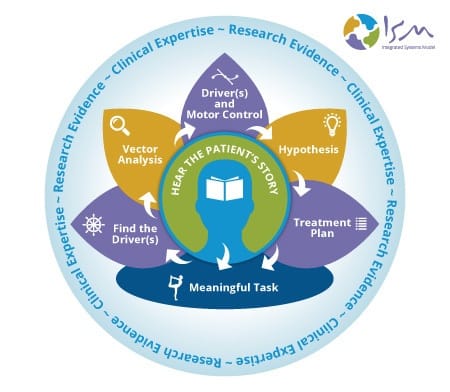
We will provide you with extensive training in the key components of treatment in the ISM approach namely RACM – release, align, connect and move! We will teach you when and how to use release with awareness neuromuscular techniques and how to integrated them with myofascial and articular releases.
For those of you with extensive manual therapy training, the optional online articular ISM course will introduce different way of interpreting your arthrokinematic mobility tests – restricted joint glides DO NOT mean the joint is always stiff. Post-course testimonials confirm that this is a ‘practice-changing’ course that will organize YOUR current closet of knowledge and facilitate best decisions for treatment of a whole person using an integrated whole body/person approach, the Integrated Systems Model.
Simon Sinek suggests that for all we do, we consider WHY, HOW and WHAT to explain ourselves.
Why do we offer this course? We love helping clinicians be better at what THEY do so they can provide more effective therapy sessions for their patients. We love seeing clinicians become passionate and excited about their profession once again.
How do we do it? By providing a safe, creative learning space and relationships that foster peer and mentor learning. In other words, we learn together both in-class and online.
What are we: A dedicated group of physiotherapists who play at work and work at play – there is no difference. Come play and learn with us!
ISM Series Grads
The 2016 ISM Series Akasha group bought Diane ISM t-shirts and made a video!
Upcoming Dates
Supporting Materials

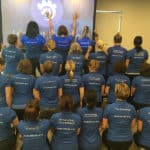
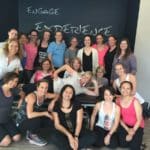
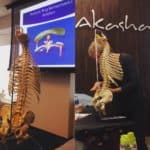
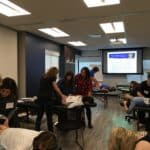
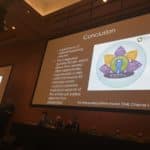
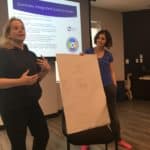
Taking ISM early in my career has been by far the best decision I could have made
As a new graduate from physiotherapy school, starting out in clinic I felt really overwhelmed with how to assess a patient efficiently and effectively. I quickly realized that the gap between what I had learned in school and who I saw in the clinic grew as more complex medical histories and multiple meaningful complaints were encountered. Although school provides us with a necessary list of skills, I wasn’t sure when each of these skills was required, nor did I quite understand how to use each of the data points I collected to inform the treatment plan for the unique person sitting in front of me. Taking ISM early in my career has been by far the best decision I could have made. It really helped me to organize my assessment, learn why I was assessing something and inform my treatment plan. It took me out of collecting information to thinking critically and being able to see the person as a system of regional interdependence rather than isolated regions of the body. I was worried when I first took ISM that I would not have the right skills required to be able to use it or understand it, but the way it is designed is that it meets you where you are at with your assessment and clinical reasoning skills. The preliminary skills that I learned in school fit into the model and allowed me to organize my thinking. The best part is that it opened up the world of reflection for me and from this I have felt myself grow exponentially in the last year. I would highly recommend ISM for newer graduates, as it can give you a great starting point and as you add skills and courses to your resume, it only enriches the ISM model. Additionally, having access to clinical mentors to help me integrate and work through using ISM in the clinic has been invaluable. I feel really grateful to have had the opportunity to learn from the ISM team and feel so thankful that I have been able to start my career on such a solid foundation.
Far exceeded my expectations
I just wanted to email to say thank you so much for sharing your knowledge with us. I have been solving puzzling bodies so quickly now. And people’s symptoms make so much more sense now. It is so much fun too. I knew the course would be good, but it has far exceeded my expectations. I can’t wait for the rest of the pieces of the puzzle.